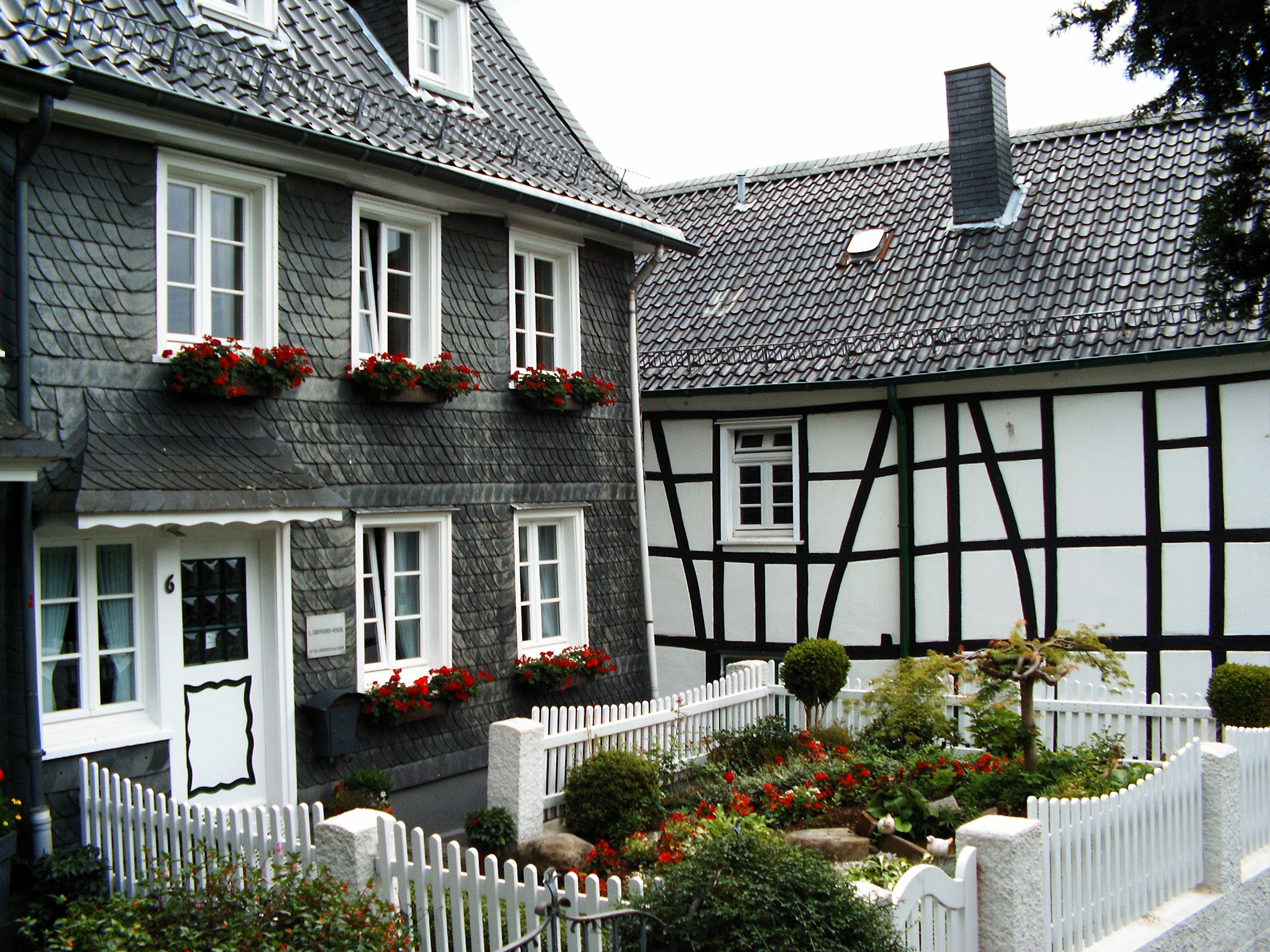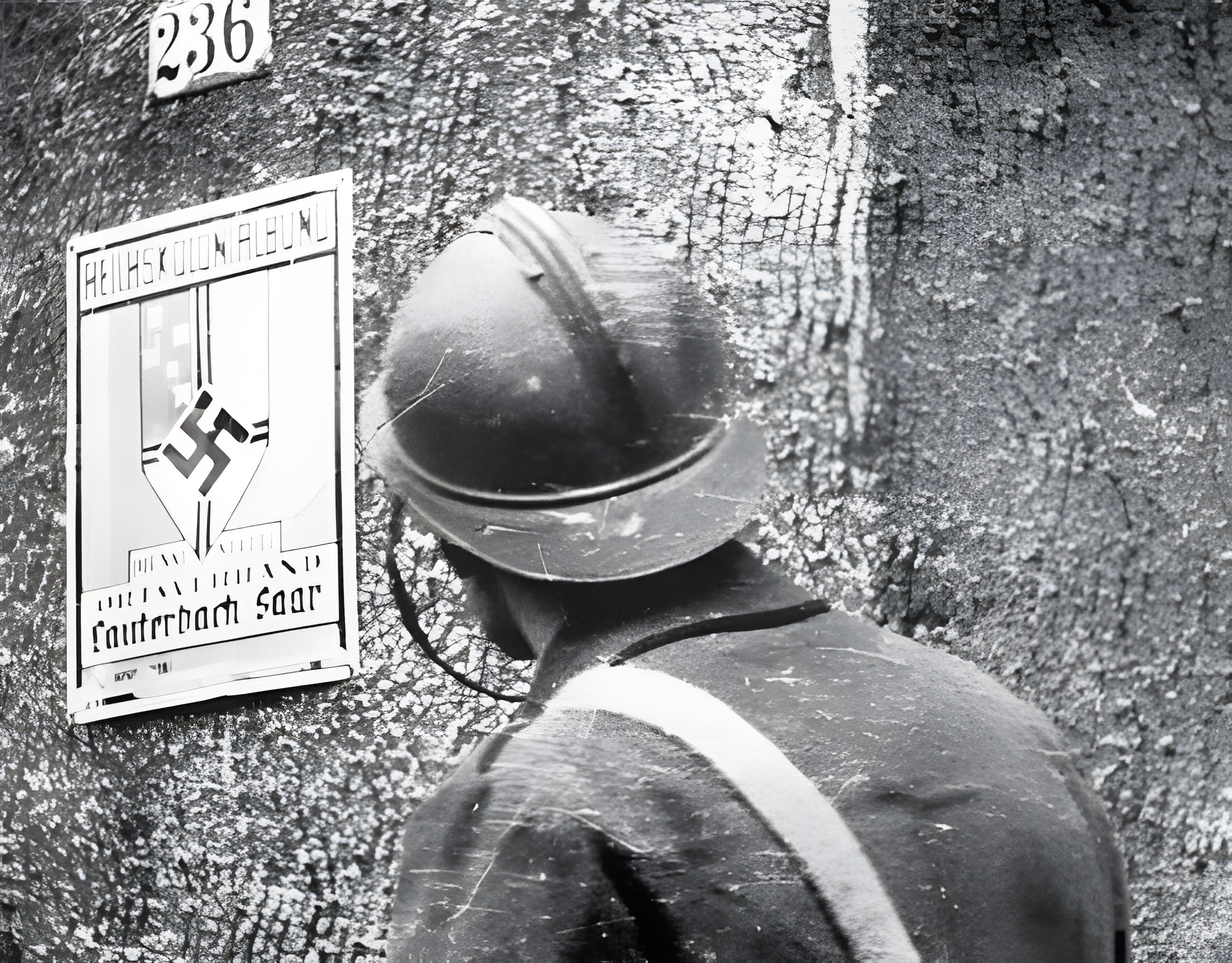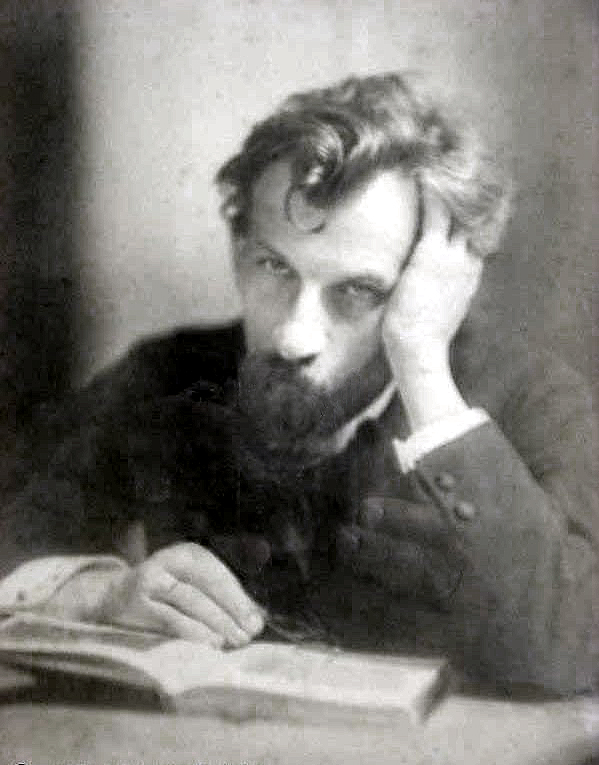|
Ludwig Hoelscher
Ludwig Hoelscher (23 August 19078 May 1996) was a German cellist. He played internationally as a soloist, and was well known as a chamber musician, first playing from 1932 in Elly Ney's piano trio, then in the Strub Quartet and other formations. He was an important cellist of the Nazi era, playing in propaganda concerts and teaching in Berlin and Salzburg. After the World War, he taught at the Musikhochschule Stuttgart and played internationally. He played the world premieres of more than 50 compositions. Life Born in Solingen, Hoelscher was the youngest of three children of a jeweller and amateur violinist, who wanted to form a family string quartet.Sabine FringesRomantiker mit Ausdruckskraft / Vor 100 Jahren wurde der Cellist Ludwig Hoelscher geboren(in German) Deutschlandfunk, 23 August 2007 Ludwig began playing the cello at age six. From the age of nine he gained experience in domestic chamber music. Hoelscher studied cello in Cologne, Munich, with Julius Klengel in Leip ... [...More Info...] [...Related Items...] OR: [Wikipedia] [Google] [Baidu] |
Solingen
Solingen (; li, Solich) is a city in North Rhine-Westphalia, Germany. It is located some 25 km east of Düsseldorf along the northern edge of the region called Bergisches Land, south of the Ruhr area, and, with a 2009 population of 161,366, is after Wuppertal the second-largest city in the Bergisches Land. It is a member of the regional authority of the Rhineland. Solingen is called the "City of Blades", since it has long been renowned for the manufacturing of fine swords, knives, scissors and razors made by famous firms such as WKC Stahl- und Metallwarenfabrik, WKC, DOVO Solingen, DOVO, Wüsthof, J. A. Henckels, Zwilling J. A. Henckels, Böker, Güde, Hubertus, Diefenthal, Puma, Clauberg, Eickhorn, Linder, Carl Schmidt Sohn, Dreiturm, Herder, and numerous other manufacturers. In medieval times, the swordsmiths of Solingen designed the town's coat of arms, which continues to the present. In the latter part of the 17th century, a group of swordsmiths from Solingen broke thei ... [...More Info...] [...Related Items...] OR: [Wikipedia] [Google] [Baidu] |
National Socialist German Workers' Party
The Nazi Party, officially the National Socialist German Workers' Party (german: Nationalsozialistische Deutsche Arbeiterpartei or NSDAP), was a far-right political party in Germany active between 1920 and 1945 that created and supported the ideology of Nazism. Its precursor, the German Workers' Party (; DAP), existed from 1919 to 1920. The Nazi Party emerged from the extremist German nationalist, racist and populist paramilitary culture, which fought against the communist uprisings in post–World War I Germany. The party was created to draw workers away from communism and into nationalism. Initially, Nazi political strategy focused on anti–big business, anti-bourgeois, and anti-capitalist rhetoric. This was later downplayed to gain the support of business leaders, and in the 1930s, the party's main focus shifted to antisemitic and anti-Marxist themes. The party had little popular support until the Great Depression. Pseudoscientific racist theories were central ... [...More Info...] [...Related Items...] OR: [Wikipedia] [Google] [Baidu] |
Reichskolonialbund
The Reichskolonialbund (RKB) ( en, Reich Colonial League) was a collective body that absorbed all German colonial organisations during the time of the Third Reich. It was led by Franz Ritter von Epp. The Reichskolonialbund was active between 1936 and 1943. History Background The purpose of the Reichskolonialbund was to reclaim the overseas colonies that Germany had lost as a result of the Treaty of Versailles at the end of World War I. The first efforts in rallying support for a re-establishment of a German Colonial Empire in Germany can be traced back to 1923. As a result, a number of pro-colonial organisations, supported by both conservative-minded Germans and nationalists, were established in different parts of Germany. Founded in 1925, the foremost outfit was the ''Koloniale Reichsarbeitsgemeinschaft'' (KORAG). This organisation, along with other groups, led to the foundation of the preliminary Reichskolonialbund in 1933. The establishment was made in two steps, the second ... [...More Info...] [...Related Items...] OR: [Wikipedia] [Google] [Baidu] |
Die Zeit
''Die Zeit'' (, "The Time") is a German national weekly newspaper published in Hamburg in Germany. The newspaper is generally considered to be among the German newspapers of record and is known for its long and extensive articles. History The first edition of ''Die Zeit'' was first published in Hamburg on 21 February 1946. The founding publishers were Gerd Bucerius, Lovis H. Lorenz, Richard Tüngel and Ewald Schmidt di Simoni. Another important founder was Marion Gräfin Dönhoff, who joined as an editor in 1946. She became publisher of ''Die Zeit'' from 1972 until her death in 2002, together from 1983 onwards with former German chancellor Helmut Schmidt, later joined by Josef Joffe and former German federal secretary of culture Michael Naumann. The paper's publishing house, Zeitverlag Gerd Bucerius in Hamburg, is owned by the Georg von Holtzbrinck Publishing Group and Dieter von Holtzbrinck Media. The paper is published weekly on Thursdays. As of 2018, ''Die Zeit'' has ... [...More Info...] [...Related Items...] OR: [Wikipedia] [Google] [Baidu] |
Ernst Klee
Ernst Klee (15 March 1942, Frankfurt – 18 May 2013, Frankfurt) was a German journalist and author. As a writer on Germany's history, he was best known for his exposure and documentation of medical crimes in Nazi Germany, much of which was concerned with the Action T4 or involuntary euthanasia program. He is the author of ''"The Good Old Days": The Holocaust Through the Eyes of the Perpetrators and Bystanders'' first published in the English translation in 1991. Life and work Klee was first trained as a sanitary and heating technician. Afterwards, he caught up on his university entrance requirements and then studied theology and social education. As a journalist in the 1970s, he looked at socially excluded groups, such as the homeless, psychiatric patients and the disabled. During this period, he collaborated with Gusti Steiner, who laid the foundation for the federal German emancipatory movement of the disabled at that time. In 1997, he received the ''Geschwister-Scholl-Preis ... [...More Info...] [...Related Items...] OR: [Wikipedia] [Google] [Baidu] |
Hans Pfitzner
Hans Erich Pfitzner (5 May 1869 – 22 May 1949) was a German composer, conductor and polemicist who was a self-described anti-modernist. His best known work is the post-Romantic opera ''Palestrina'' (1917), loosely based on the life of the sixteenth-century composer Giovanni Pierluigi da Palestrina and his ''Missa Papae Marcelli''. Life Pfitzner was born in Moscow where his father played cello in a theater orchestra. The family returned to his father's native town Frankfurt in 1872, when Pfitzner was two years old, he always considered Frankfurt his home town. He received early instruction in violin from his father, and his earliest compositions were composed at age 11. In 1884 he wrote his first songs. From 1886 to 1890 he studied composition with Iwan Knorr and piano with James Kwast at the Hoch Conservatory in Frankfurt. (He later married Kwast's daughter Mimi Kwast, a granddaughter of Ferdinand Hiller, after she had rejected the advances of Percy Grainger.) He taught pi ... [...More Info...] [...Related Items...] OR: [Wikipedia] [Google] [Baidu] |
Hans Swarowsky
Hans Swarowsky (September 16, 1899September 10, 1975,) was an Austrian conductor of Hungarian birth. Swarowsky was born in Budapest, Hungary. He studied the art of conducting under Felix Weingartner and Richard Strauss. Jiří Vysloužil, Liner notes, ''Mahler Symphony No 4'' Released by Supraphon, 1988 His teachers in musical theory included Arnold Schoenberg and Anton Webern. Herbert von Karajan invited him to take on the permanent position as conductor of the Vienna State Opera. He became a professor of conducting at the Vienna Music Academy. His many conducting students included Claudio Abbado, Mariss Jansons, Alexis Hauser, Alexander Alexeev, Zubin Mehta, Leonid Nikolaev, Paul Angerer, Ádám and Iván Fischer, Avi Ostrowsky Jesús López-Cobos, Gustav Meier, Miltiades Caridis, Aleksandr Alekseyev, Giuseppe Sinopoli, Gianluigi Gelmetti, Brian Jackson, Alfred Prinz, Bryan Fairfax, James Allen Gähres, Albert Rosen and Bruno Weil. Otmar Suitner was Hans Swarowsk ... [...More Info...] [...Related Items...] OR: [Wikipedia] [Google] [Baidu] |
Hans Frank
Hans Michael Frank (23 May 1900 – 16 October 1946) was a German politician and lawyer who served as head of the General Government in Nazi-occupied Poland during the Second World War. Frank was an early member of the German Workers' Party (DAP), the precursor of the Nazi Party (NSDAP). He took part in the failed Beer Hall Putsch, and later became Adolf Hitler's personal legal adviser as well as the lawyer of the NSDAP. In June 1933, he was named as a ' (Reich Leader) of the party. In December 1934, Frank joined the Hitler Cabinet as a ''Reichsminister'' without portfolio. After the German invasion of Poland in 1939, Frank was appointed Governor-General of the occupied Polish territories. During his tenure, he instituted a reign of terror against the civilian population and became directly involved in the mass murder of Jews. He engaged in the use of forced labour and oversaw four of the extermination camps. Frank remained head of the General Government until its collaps ... [...More Info...] [...Related Items...] OR: [Wikipedia] [Google] [Baidu] |
Wehrmacht
The ''Wehrmacht'' (, ) were the unified armed forces of Nazi Germany from 1935 to 1945. It consisted of the ''Heer'' (army), the ''Kriegsmarine'' (navy) and the ''Luftwaffe'' (air force). The designation "''Wehrmacht''" replaced the previously used term and was the manifestation of the Nazi regime's efforts to rearm Germany to a greater extent than the Treaty of Versailles permitted. After the Nazi rise to power in 1933, one of Adolf Hitler's most overt and audacious moves was to establish the ''Wehrmacht'', a modern offensively-capable armed force, fulfilling the Nazi régime's long-term goals of regaining lost territory as well as gaining new territory and dominating its neighbours. This required the reinstatement of conscription and massive investment and defense spending on the arms industry. The ''Wehrmacht'' formed the heart of Germany's politico-military power. In the early part of the Second World War, the ''Wehrmacht'' employed combined arms tactics (close-cover ... [...More Info...] [...Related Items...] OR: [Wikipedia] [Google] [Baidu] |
Mozarteum
Mozarteum University Salzburg (German: ''Universität Mozarteum Salzburg'') is one of three affiliated but separate (it is actually a state university) entities under the “Mozarteum” moniker in Salzburg municipality; the International Mozarteum Foundation and the Mozarteum Orchestra Salzburg are the other two. It specializes in music, the dramatic arts, and to a lesser degree graphic arts. Like its affiliates it was established in honour of Salzburg-born musician Wolfgang Amadeus Mozart. History and clarification In 1841, Mozart's widow Constanze Weber Mozart founded the first of the “Mozarteum” entities: the “Cathedral Music Association and Mozarteum,” whose mission was the “refinement of musical taste with regard to sacred music and concerts.” The association operated as predecessor to the Mozarteum Orchestra Salzburg through the 19th century and was at the heart of the city’s musical life, offering concerts and related activities. It assumed its present ... [...More Info...] [...Related Items...] OR: [Wikipedia] [Google] [Baidu] |
Süddeutsche Zeitung
The ''Süddeutsche Zeitung'' (; ), published in Munich, Bavaria, is one of the largest daily newspapers in Germany. The tone of SZ is mainly described as centre-left, liberal, social-liberal, progressive-liberal, and social-democrat. History On 6 October 1945, five months after the end of World War II in Germany, the ''SZ'' was the first newspaper to receive a license from the US military administration of Bavaria. Thfirst issuewas published the same evening, allegedly printed from the same (repurposed) presses that had printed ''Mein Kampf''. The first article begins with: Declines in ad sales in the early 2000s was so severe that the paper was on the brink of bankruptcy in October 2002. The Süddeutsche survived through a 150 million euro investment by a new shareholder, a regional newspaper chain called Südwestdeutsche Medien. Over a period of three years, the newspaper underwent a reduction in its staff, from 425 to 307, the closing of a regional edition in Düsseldor ... [...More Info...] [...Related Items...] OR: [Wikipedia] [Google] [Baidu] |
Reichsjugendführer
''Reichsjugendführer'' ("National Youth Leader") was the highest paramilitary rank of the Hitler Youth. On 30 October 1931, Hitler appointed Baldur von Schirach as the Reich Youth Leader of the Nazi Party. In 1933, after the Nazi seizure of state power, all youth organizations in Germany were brought under Schirach's control and he was designated the ''Jugendführer des Deutschen Reiches'' on 17 June. When Schirach was named ''Gauleiter'' of the '' Reichsgau Vienna'' on 8 August 1940, Artur Axmann succeeded him as ''Reichsjugendführer''. Axmann had served as Schirach's deputy since 1 May 1940. List Post-war With the surrender of Nazi Germany, the Hitler Youth was disbanded by Allied authorities as part of the denazification process. Both Schirach and Axmann were condemned as war criminals by the leading Allies powers after the end of the Second World War in Europe, in particular for the role the two played in corrupting the minds of children. Schirach was sentenced to 20 ... [...More Info...] [...Related Items...] OR: [Wikipedia] [Google] [Baidu] |





